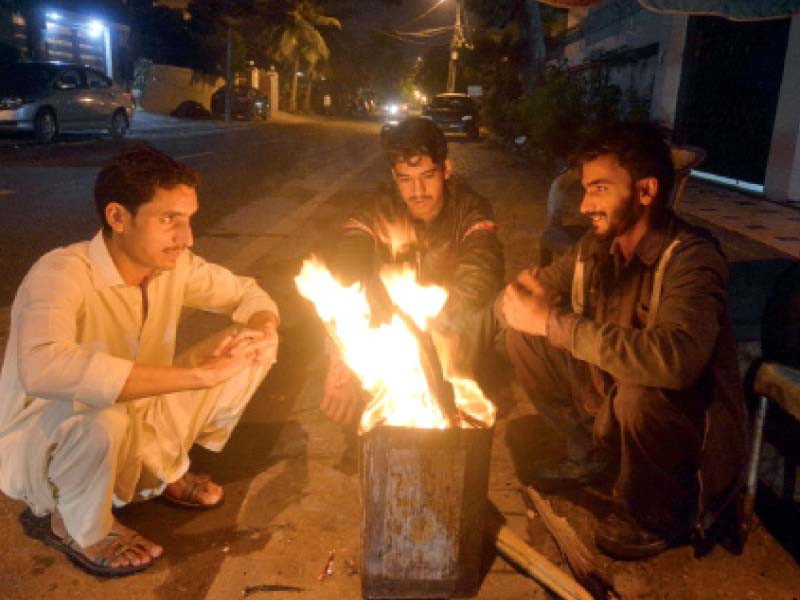Unseasonal Cold Wave Grips Pakistan, Temperature Plummets in Karachi and Quetta

A sudden and intense cold wave has beset Pakistan, with Karachi, the country's largest city, recording a minimum temperature of 9.1°C at Jinnah Terminal, a significant decline from the usual average December temperature of 13.4°C.
Quetta and its surrounding areas are also struggling with extremely cold conditions, with Kalat experiencing a severe cold wave and temperatures as low as -6°C. The city itself recorded a minimum temperature of -4°C, making it difficult for residents to cope with the freezing conditions, exacerbated by low gas pressure. This severe cold spell is part of a larger nation-wide phenomenon. A Met Office warning indicates that cold and dry weather is expected across the country in the next 24 hours, with very cold conditions in hilly areas expected. The forecast warns of patches of frost covering Islamabad, plain areas of Khyber Pakhtunkhwa, and upper Punjab during morning hours, while shallow fog may envelop parts of southern Punjab and upper Sindh.
Further analysis of the situation showcases the widespread impact of the cold wave. The Met Office has issued a warning, stating that dry weather is expected over the next 24 hours, with cool nights and maximum temperatures ranging between 26-28°C over the next two days. In spite of some relief in store, the price increases of gold and petroleum are only a reflection of the country's economic reality.
Pakistan is experiencing a cold winter this year, unlike many of its neighboring countries, with yet unknown economic implications. The reliable exposure from the still blowing northeasterly winds puts pressure on residents of Quetta and nearby regions to endure these biting winter days while the bigger population of Karachi finds itself moderately under the weather due to hastening climate change.